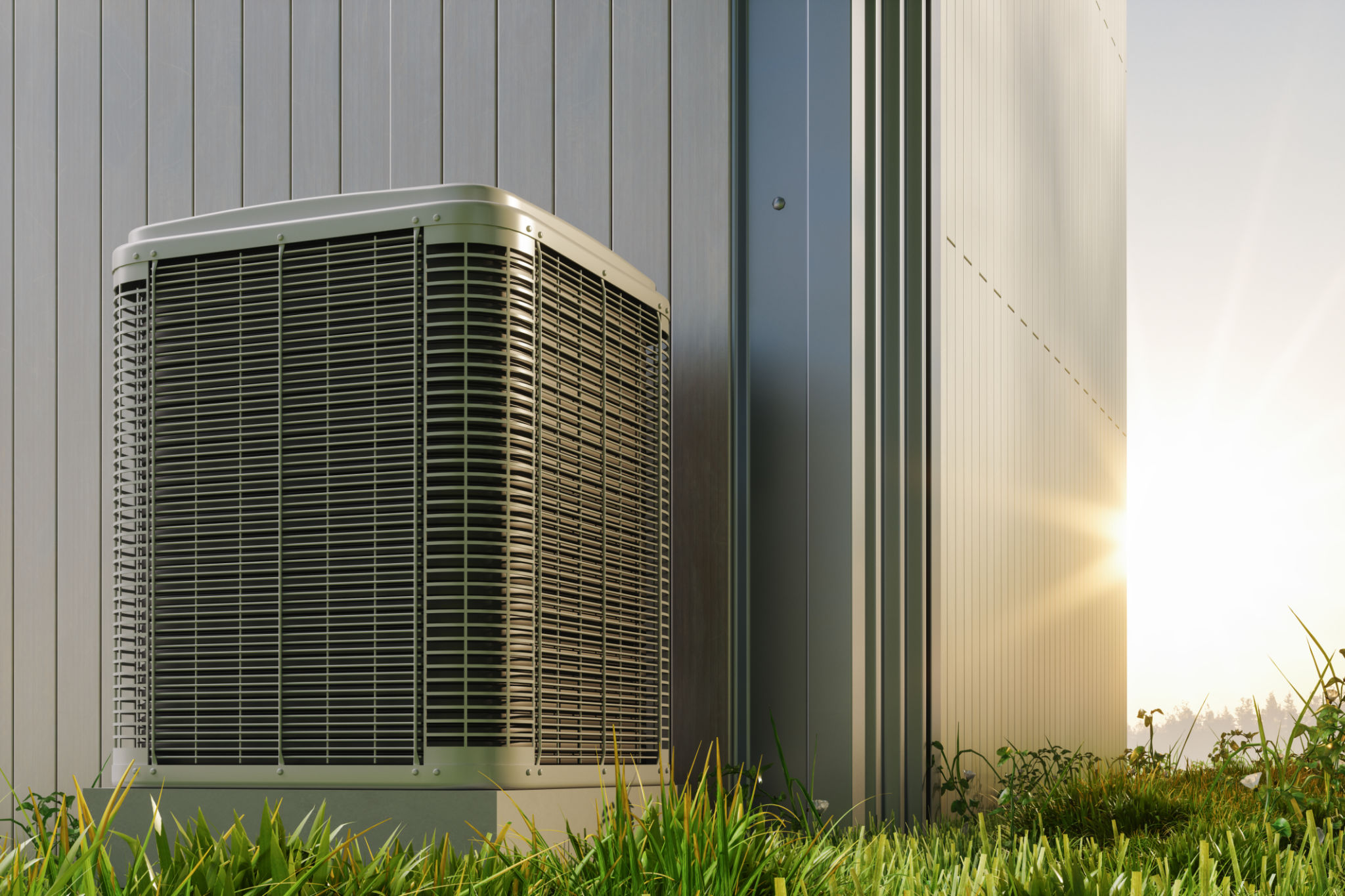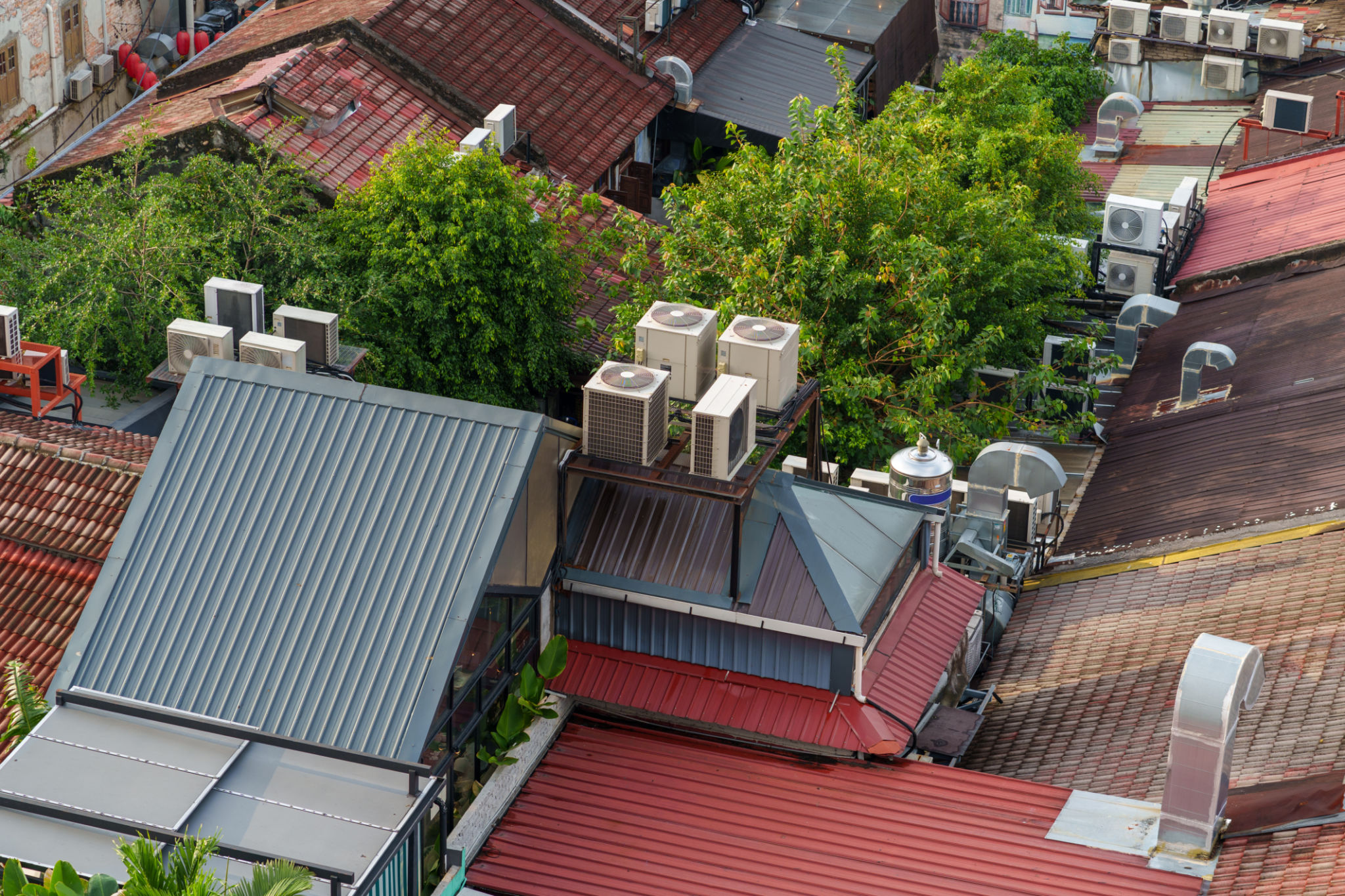Myth-Busting: Common Misconceptions About Air Compressor Systems
Understanding Air Compressor Systems
Air compressor systems are essential across various industries, yet several misconceptions about their functionality and maintenance persist. By debunking these myths, we can help users maximize efficiency and lifespan of their equipment.
Myth 1: All Air Compressors Are Noisy
One of the most common misconceptions is that all air compressors are inherently noisy. While it's true that older models were quite loud, modern technology has significantly reduced noise levels. Many contemporary compressors are engineered with noise-reducing features, making them suitable for environments where quiet operation is crucial.

Myth 2: Bigger Is Always Better
Contrary to popular belief, a larger air compressor is not always the best choice. The size of the compressor should match the demands of the tasks it will perform. Oversized compressors can lead to unnecessary energy consumption and increased operational costs. It's essential to assess your needs accurately to choose the most efficient size.
Myth 3: Air Compressors Require Minimal Maintenance
Some users believe that air compressors are low-maintenance tools, but this is far from reality. Regular maintenance is crucial to ensure optimal performance and longevity. Key maintenance tasks include checking and replacing filters, lubricating moving parts, and monitoring for leaks.

Clarifying Usage and Efficiency
Understanding how to use an air compressor efficiently can drastically improve its performance. Efficient usage not only saves energy but also extends the life of your equipment.
Myth 4: All Compressors Serve the Same Purpose
Air compressors come in various types, each designed for specific applications. For instance, a rotary screw compressor may be ideal for industrial applications, while a portable pancake compressor might suit light DIY projects. Choosing the right type is pivotal for achieving the desired results.

Myth 5: Compressed Air Is Free
Another misconception is that compressed air is a free resource. In reality, air compression requires energy, which translates into costs. To optimize energy use, it's important to address leaks promptly and ensure that your system operates at the correct pressure levels.
Final Thoughts on Air Compressor Systems
By debunking these myths, users can better understand how to select, maintain, and operate their air compressor systems effectively. Knowing the realities behind these misconceptions helps in making informed decisions that enhance both productivity and efficiency.
Ultimately, whether you're using an air compressor for industrial purposes or home projects, being informed about its operation and maintenance is key to maximizing its benefits.
